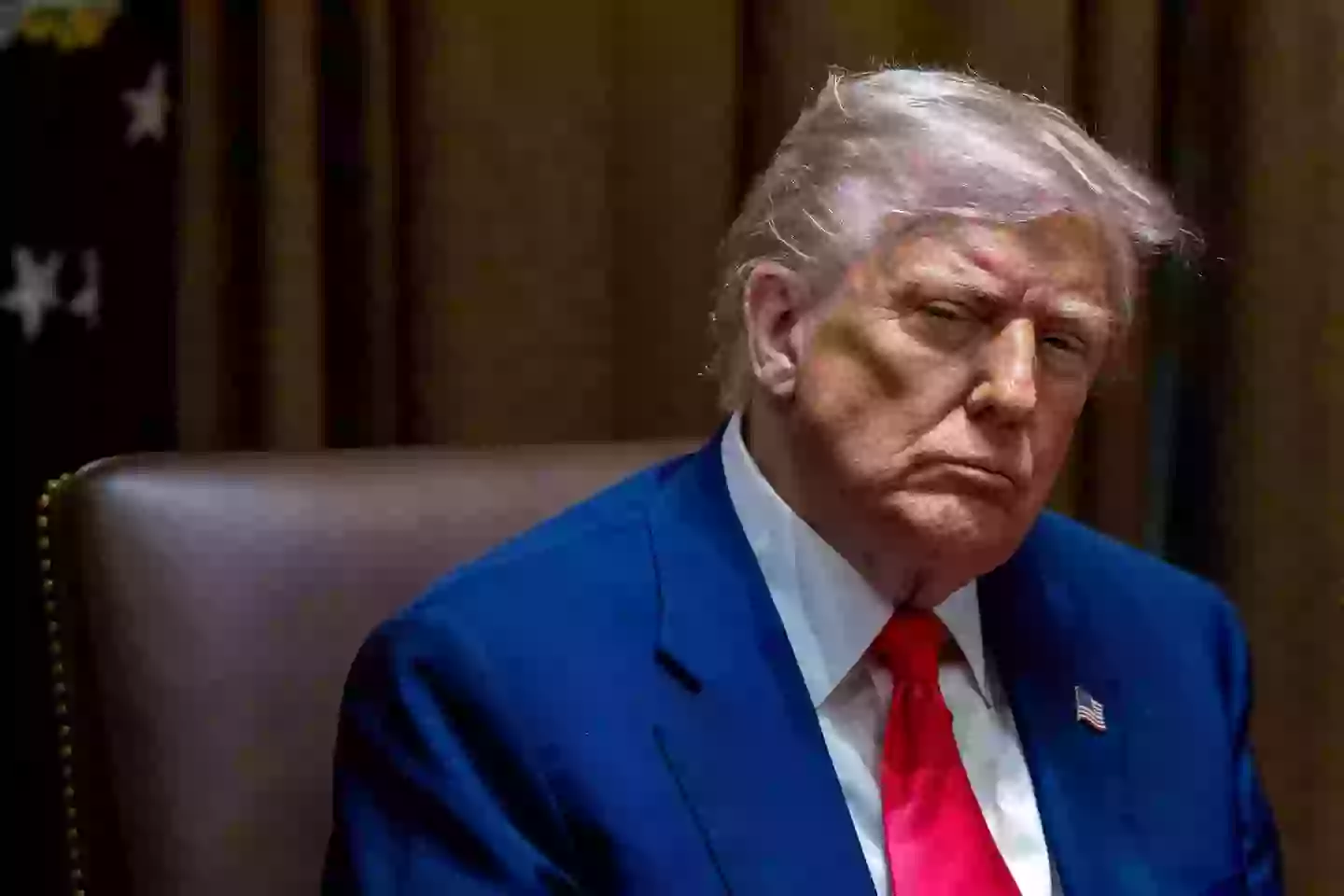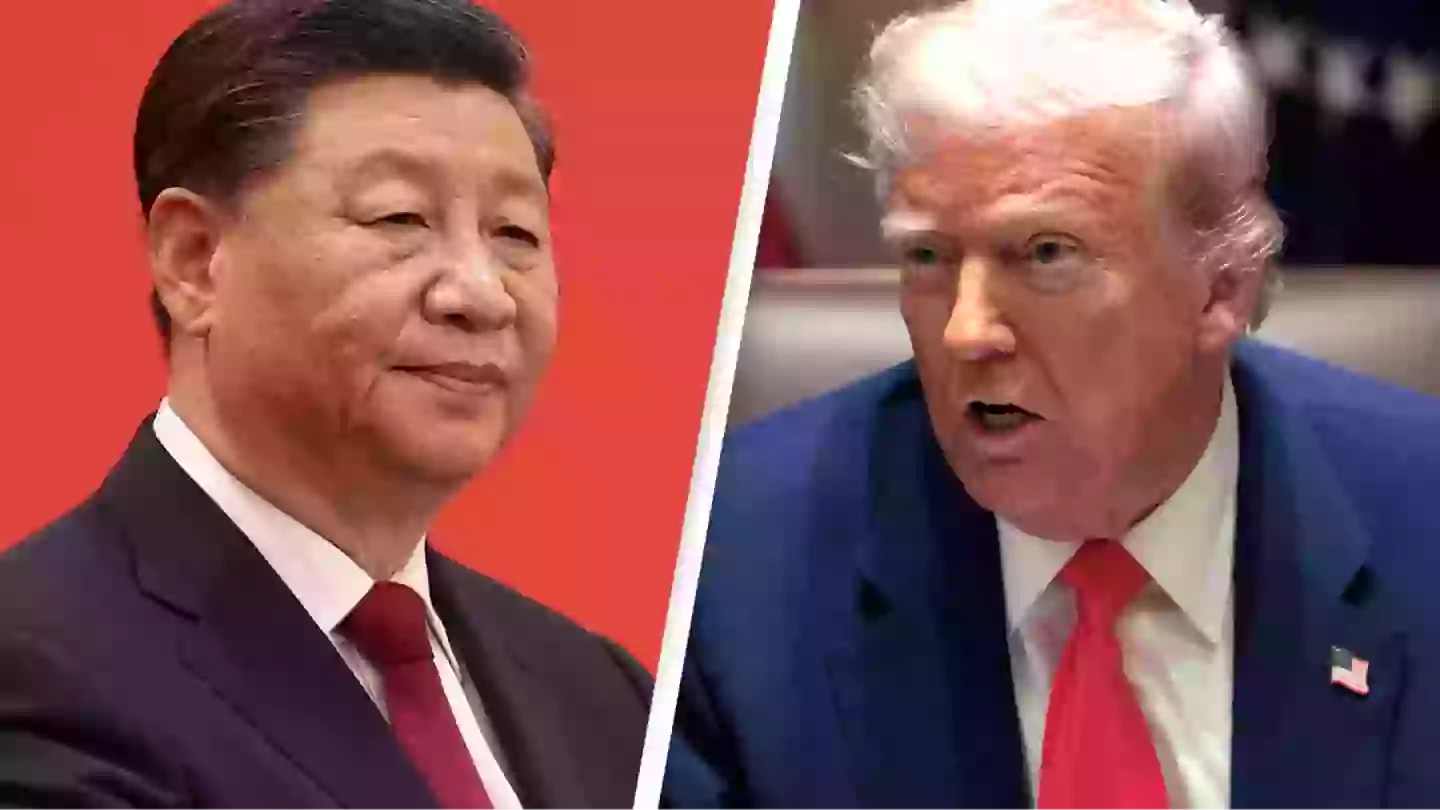Reports from three different sources indicate that China has stopped exporting rare earth elements shortly after implementing an export control list as a response to the tariff conflict initiated by Donald Trump.
Donald Trump has declared April 2 as ‘Liberation Day’ for the US and has subsequently imposed a series of tariffs on various countries, with China being particularly affected.
The US and China have been engaged in a tit-for-tat tariff conflict, leading to Trump imposing a total of 145 percent tariffs on China, and in response, China has imposed 125 percent tariffs on the US.
China raised its tariffs on the US to 125 percent, stating that “US’s imposition of abnormally high tariffs on China seriously violates international economic and trade rules, basic economic laws and common sense, and is completely a unilateral bullying and coercion.”
Further measures were taken by China as they announced restrictions on the export of rare earth elements on Friday, April 11.
According to Reuters, there is a group of seven rare earth elements crucial for defense, electric vehicles, energy, and electronic industries, with China being responsible for around 90 percent of the global supply.
The United States relies on imports from China for these rare earth materials, as it only has one operational mine for these resources.
On April 4, three sources informed Reuters that shipments of the seven rare earth elements ceased immediately after Beijing restricted their export, as stated by China’s Ministry of Commerce (MOFCOM) and General Administration of Customs in Announcement 18.
This announcement placed export controls on the elements Samarium, gadolinium, terbium, dysprosium, lutetium, scandium, and yttrium.
A rare earth trader from China mentioned, “When asked by my clients when their cargoes will be able to leave China, we give them an estimated time of 60 days but it may actually take longer than that.”
Exporters must now apply for a license from the Ministry of Commerce to ship these materials outside of the country.

Obtaining feedback on the license application may take six or seven weeks to several months.
Though this is an export restriction and not a complete ban, it is expected that exports will significantly decrease, according to Holland and Knight.
The law firm anticipates: “This move is likely to have both immediate and strategic impacts on global supply chains, particularly for industries dependent on rare earth materials for high-performance magnets, electronics, defense systems, clean energy technologies and advanced manufacturing.
“Along with potential supply disruptions, the announcement could lead to increased regulatory uncertainty, upward pressure on prices, acceleration of diversification and onshoring efforts, and compliance and due diligence imperatives.”

